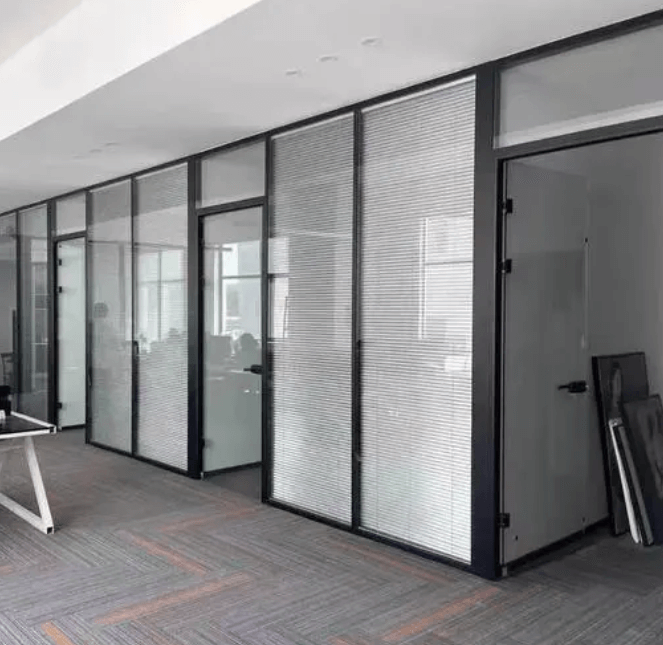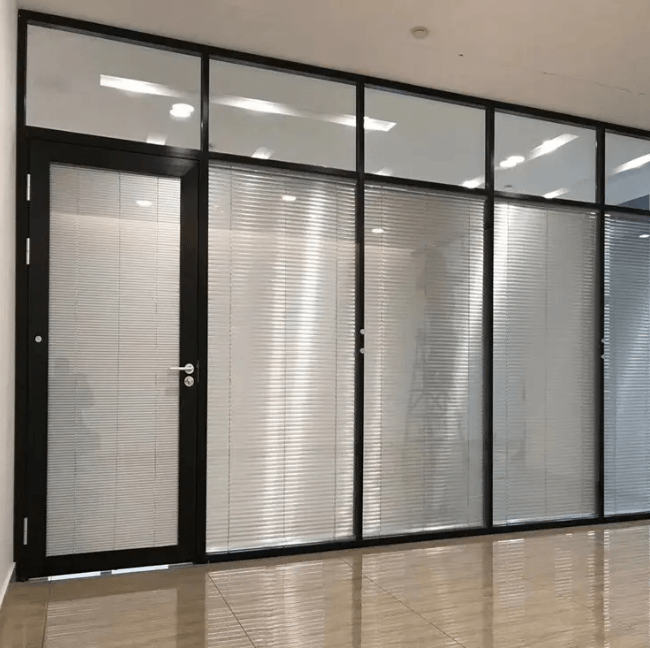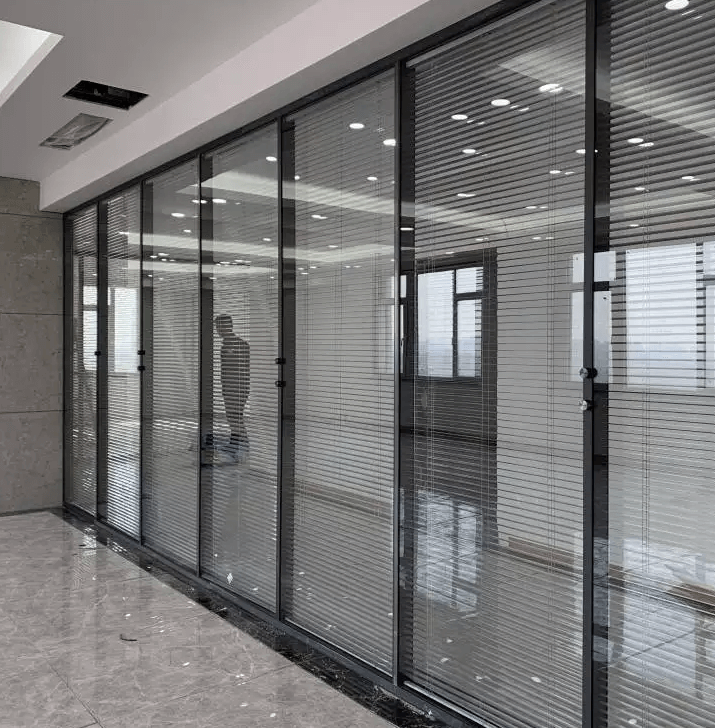In the realm of contemporary office architecture, transparency, and minimalism have become more than stylistic choices—they are symbols of open communication, innovation, and efficiency. Frameless glass partition systems, once reserved for high-end commercial interiors, are now a staple in office design due to their sleek form and practical advantages. At the core of these systems lies an unsung hero: aluminum extrusion. Its integration into frameless partitions has redefined how space can be divided—elegantly and efficiently.
Enhanced Aesthetic Appeal
Aluminum extrusion enables the creation of lean, sharp-edged profiles that amplify the modernist appeal of frameless glass partitions. The profiles offer just enough presence to frame the glass without overwhelming it, preserving the uninterrupted transparency offices desire.
These extruded profiles can be anodized, powder-coated, or brushed to suit a variety of interior finishes—from industrial grey to champagne gold—blending seamlessly with furnishings and ceiling systems. Their clean lines and understated presence elevate the sophistication of any workspace, making them a favorite among architects aiming for visual clarity.
Superior Strength-to-Weight Ratio
Despite its lightweight nature, aluminum boasts an impressive strength-to-weight ratio, making it an ideal structural companion for large frameless glass panes. Extruded aluminum profiles deliver the support needed to secure expansive panels—whether single-glazed or double-glazed—while maintaining a slender footprint.
This mechanical efficiency allows for taller and wider glass installations with minimal vertical supports, resulting in brighter, airier spaces. The material’s inherent rigidity ensures stability under daily operational stresses such as door slamming or subtle building movements.
aluminum partition systems for offices
Customizability and Design Flexibility
One of the foremost advantages of aluminum extrusion is its adaptability. Extrusion dies can be precision-engineered to produce complex cross-sectional profiles, accommodating tracks for sliding doors, built-in cable channels, or even concealed lighting strips.
This versatility empowers designers to configure partitions according to unique spatial needs—curved corners, floor-to-ceiling integration, or T-junctions between glass panels. Additionally, modularity allows for easy upgrades or reconfiguration of office layouts without needing a complete overhaul of the partition system.
Corrosion Resistance and Longevity
Aluminum’s natural oxide layer acts as a passive barrier against corrosion, ensuring that extruded profiles maintain their appearance and performance over decades. Unlike steel, which requires heavy coatings to resist rust, aluminum endures in its raw or anodized form even in moisture-prone environments.
This is especially valuable in climate-controlled office spaces where HVAC systems introduce varying levels of humidity. The resistance to environmental degradation means that aluminum-framed glass partitions retain their integrity with minimal intervention, reducing lifecycle costs.
Sustainability and Eco-Efficiency
Sustainability has become a non-negotiable standard in building materials. Aluminum extrusion aligns perfectly with this ethos. The material is infinitely recyclable without loss of properties—nearly 75% of all aluminum ever produced is still in use today.
Its light weight translates into lower transportation energy costs, while its durability extends the product lifecycle, reducing the frequency of replacement. For green-certified buildings, using aluminum-extruded systems supports LEED points and other sustainability benchmarks.
Aluminum Profile For Office Partition Systems
Ease of Installation and Maintenance
Aluminum extrusions are manufactured to tight tolerances, allowing for precise, snap-fit assemblies that reduce the complexity of onsite installation. Their lightness simplifies handling, particularly in high-rise buildings or constrained interiors where heavier materials would be cumbersome.
Moreover, extruded aluminum systems are inherently low-maintenance. They do not require repainting or frequent refinishing, and their smooth surfaces resist dust and fingerprints. This simplifies routine cleaning, especially in high-traffic office environments where appearance is key.
Conclusion
In the architectural equation of the form, function, and future-readiness, aluminum extrusion is a decisive variable. When paired with frameless glass partitions, it elevates the workplace experience—bringing together design purity, structural reliability, and environmental sensibility. For offices seeking transparency without compromise, aluminum-extruded systems stand as the gold standard in partition design.



